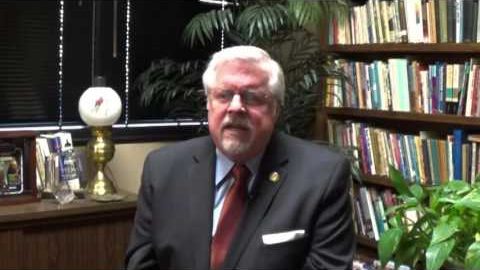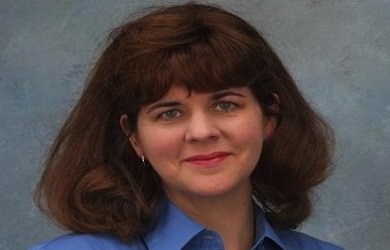The Hartford Courant raises some interesting questions about just what the Law Enforcement Legal Defense Fund – a right-wing Virginia non-profit organization overseen by the likes of Ed Meese, William Bradford Reynolds, and Al Regnery – is doing with the funds it has been raising because it seems like most of it is going to toward fund-raising, salary for its leadership, and to prop up right-wing organizations to which they have ties, like The American Spectator, the Intercollegiate Studies Institute, and the Federalist Society :
Tens of thousands of Americans have contributed to the Law Enforcement Legal Defense Fund after reading letters like Stephanie Lawlor’s. But while those donations total millions every year, the fund spends only pennies on the dollar directly assisting officers facing criminal charges, state and federal filings show.
Over the past five years, the charity collected more than $13 million, primarily through direct-mail pitches. But most of that money — more than $9 million — went right back to the professional fundraisers hired by the nonprofit legal defense fund.
Last year, for example, the group spent 81 cents on fundraising for every dollar collected, according to federal tax forms. After other expenses, the defense fund last year devoted only about 8 cents on the dollar to charitable grants, the tax forms show.
That grant money — about $275,000 — was less than the group’s co-founders paid themselves in salary and benefits for the year. David H. Martin, a Washington lawyer who serves as chairman, collected $156,000, while Alfred Regnery, publisher of The American Spectator Magazine, received $81,000 for the part-time job of secretary-treasurer. In addition, the charity paid $54,000 into retirement accounts for Martin and Regnery.
In a telephone interview earlier this month, Martin said the charity is at the mercy of expensive mail solicitations. “It’s hard to raise money through direct mail. Why? Because postage is so expensive,” he said. “It’s just a killer.”
Martin said he believed the group’s fundraising efficiency had consistently improved in recent years. But federal filings suggest just the opposite, showing the cost of raising money increasing each of the last five years, from about 60 cents in fundraising costs for every dollar raised in 2003, to 81 cents last year.
At the same time, administrative costs have soared, particularly for salaries and rent. For years, the legal defense fund was run out of Martin’s law office. But the nonprofit now subleases space at Regnery’s financially strapped American Spectator. The initial rent in 2003 was $9,000 a year, but the nonprofit agreed last year to increase its payments to $42,000 a year — about a third of the total rent for the American Spectator’s space. Martin said the rent covers a large amount of storage space and offices for himself and a clerk, and he said he thought the rent was fair.
And even as the charity devoted only a small fraction of its budget to grants, not all of the money doled out went to help accused officers. Instead, the charity’s executives have sent a sizable and growing amount of cash to a small number of universities and conservative policy groups not mentioned in their fundraising pitches.
The charity’s biggest beneficiary last year, for example, was not a police officer, but the Intercollegiate Studies Institute, a national campus-based think tank that promotes “limited government, individual liberty, personal responsibility, the rule of law, market economy, and moral norms.”
The Law Enforcement Legal Defense Fund sent $75,000 to the institute last year, part of at least $360,000 the defense fund has pledged. Regnery, secretary-treasurer of the defense fund, is chairman of the institute’s board of trustees. The charity has also given tens of thousands of dollars to the Federalist Society, described by The American Conservative magazine as a “training ground for young conservative lawyers”; to the Law and Economics Center at George Mason University in Virginia, a leading center of conservative and libertarian legal studies; and to a project at McDaniel College — Martin’s alma mater.







